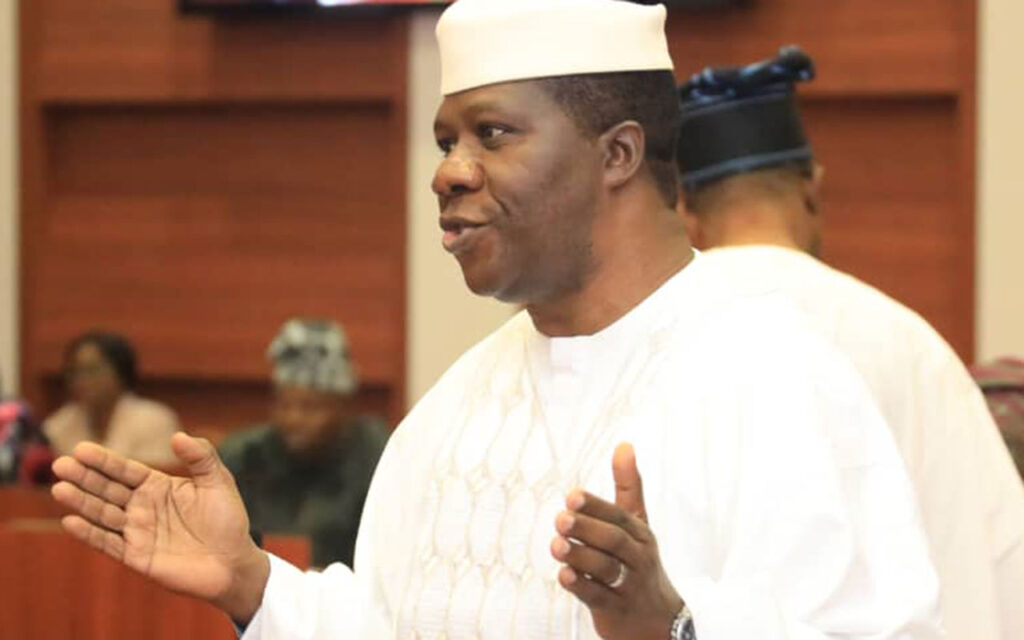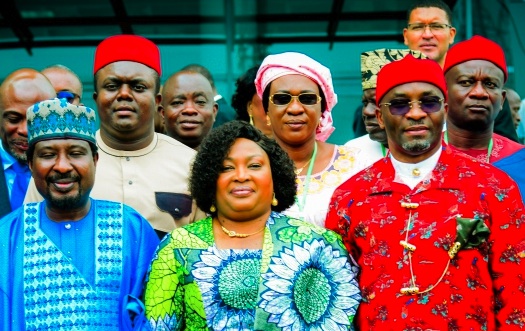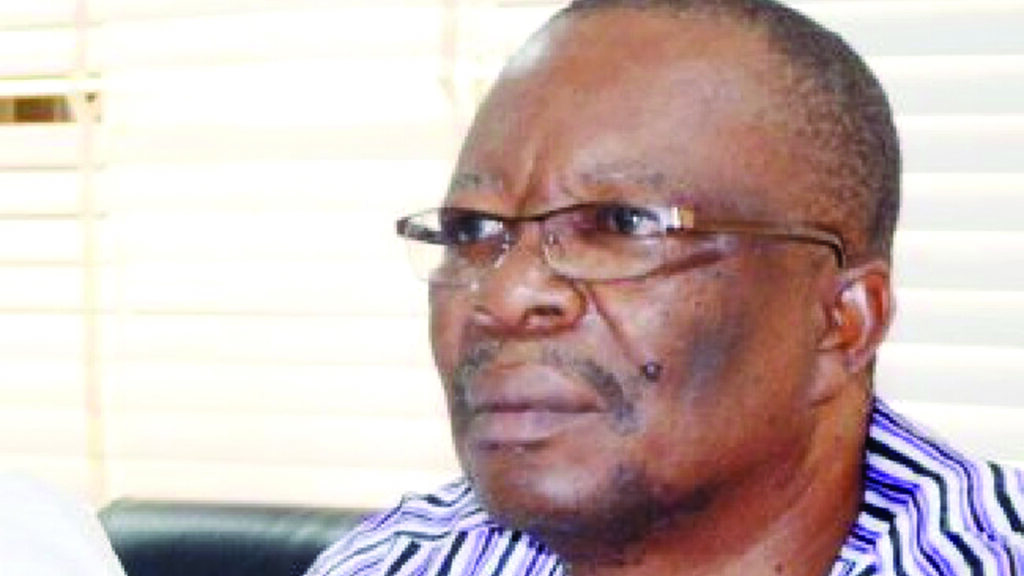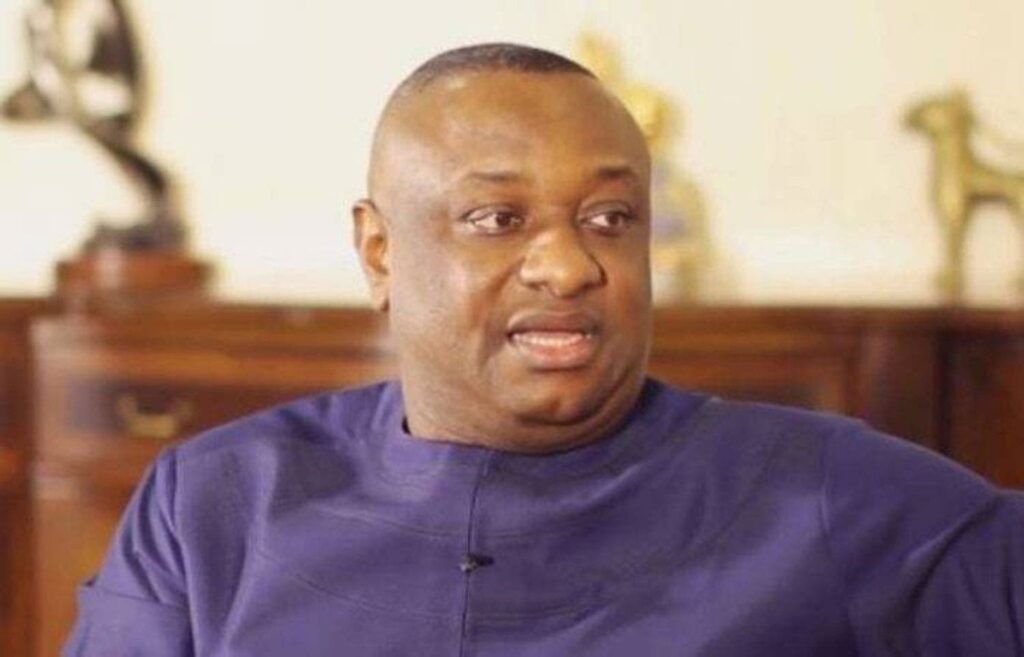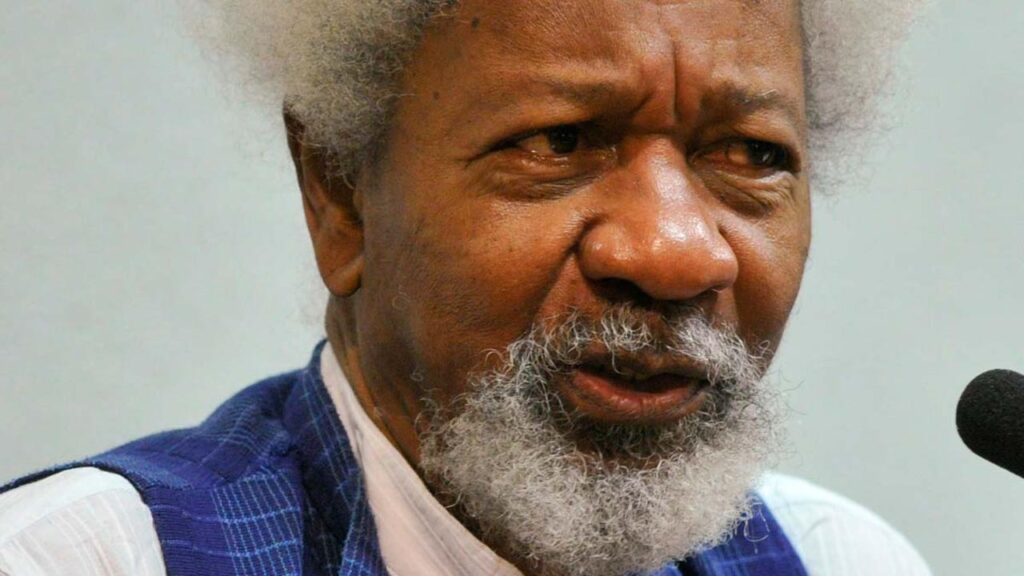
The Pan Niger Delta Forum (PANDEF), the erstwhile National Publicity Secretary of the defunct New Peoples Democratic Party (nPDP), Prof. Eze Chukwuemeka Eze and others have scored The Guardian high in effective, unbiased and balanced news coverage in the last 40 years.
In a goodwill message to the management, yesterday, the National Publicity Secretary of PANDEF, Ken Robinson, said since 1983 when The Guardian was established, it has presented views and opinions in a very balanced manner, and able to promote the interest of Nigeria and the Niger Delta.
Robinson said: “PANDEF’s view of The Guardian is impressive, you have not been sensational. PANDEF strongly believe that The Guardianis one of those very credible news platforms in the country and it has maintained that status over all these years.
“The Guardian has not been overly inclined to any political party or affiliation, it has been largely apolitical to the best of professional standard.
“The newspaper has been able to provide balance coverage of news during ethnic crisis in the country, reporting facts as they are has always been The Guardian approach and this pushes her to the best and we hope that in the next 40 years to come, The GuardianNewspaper will continue to be and remain the frontline newspaper in the country.”
The Human Rights Writers Association of Nigeria (HURIWA) has also extended its warmest greetings to the newspaper at 40. In a statement issued yesterday, titled, “The Guardian As Pillar Of Journalistic Excellence At 40”, the association said the newspaper has consistently demonstrated exceptional transparency, unwavering credibility and a strong commitment to promoting human rights and free speech.
“Your dedication to providing reliable and unbiased news outlet has had significant impact on society and empowering citizens with valuable information and facilitating meaningful dialogue.”
The association also lauded the newspaper for its commitment to journalistic integrity, “thereby earning the trust and respect of countless readers across the nation and globally. Your consistent adherence to rigorous ethical standards sets an exemplary benchmark for the media industry as a whole.”
Similarly, Eze, in a statement made available to newsmen in Port Harcourt yesterday, said, he feels elated to associate with the vision and mission of the founding fathers and management of The Guardian newspapers, one of the best in Africa on the occasion of her 40 anniversary.
Eze said, “the fact remains that The Guardian has proved herself as one of the most outstanding newspapers in Nigeria and if one is to read a balanced and unbiased report on any event then The Guardian Newspapers should guide you accordingly.
“In this regard, I give God all the Glory for permitting me to see and witness this auspicious day of the 40th anniversary of this inspiring tabloid.”
For the Deputy Vice-Chancellor (Academics) Paul University Awka, Anambra State, Prof. Chinyere Stella Okunna, “40 years is a lofty age to attain. The Guardian has come a long way as a frontline newspaper in Nigeria and it has done well. Many Nigerians trust The Guardian for truth and professionalism and I am impressed with what they have done over the years. They have done it consistently. It’s a major achievement.
“In the next 40 years, they should improve and be resilient, with the encroachment of the social media. Whether they are online or hard copy, newspapers have to strive hard to maintain their position. But with what The Guardianhas done over the years, I am confident they will maintain the lead as far as journalism in Nigeria is concerned. So, I foresee a bright future for The Guardian. As technology improves, The Guardian, as frontline must grab the opportunities and run with them to get better and stronger in the years ahead.”
Also, the former Social and Publicity Secretary Nigerian Guild of Editors (NGE), Ken Ugbechie, said The Guardian has done very well and has been consistent in trying to shape and mould public opinion and in terms of being objective, even though objectivity is not absolute. But we must admit that The Guardian came to the journalism scene as an intellectual journal.
“That was why it was referred to as the Flagship. When The Guardian came, it came with a bang- if you have not read The Guardian, you are not adjudged to belong to the elite group or elite class of readers. I was a school certificate holder in 1986 when I was published in The Guardian on Saturday and I was a proofreader in Daily Times, so, you can imagine my joy writing for The Guardian,” he said.
“I also contributed in the first edition of The Guardian Express. My article was published in the column they called Sound Off. So, I have been an admirer and avid reader of The Guardian from its infancy. It was possible for me and some of my colleagues-one of them is Mr. Ebere Wabara to study The Guardian, not just read it.
“The Guardian enforced the essence of independent media, which we don’t get to see these days. It defined a niche for itself, it wasn’t for mass readership. It was for those who wanted to acquire knowledge, who wanted to debate issues and those who wanted to fraternise intellectually. All the writers then were well informed, so, it was beyond newspaper. The Guardianwas a reference journal for us.
“As a student, The Guardian remained a reference journal for fine writing. It was the paper that started using quote to start news reporting. The Guardian enforced so many things into my psyche as a young reader. It was also the newspaper that interpreted to me that news is not only an account of event, but news is what journalists call news,” Ugbechie said.



